
Music around 1900
International Flute Competition Ferdinand W. Neess Wiesbaden
June 23 to June 28, 2026
Museum Wiesbaden
Prizes
-
1st prize
5,000
Euros
-
2nd prize
3,000
Euros
-
3rd prize
2,000
Euros
Special prizes are possible.
The competition is held every 2 years.
The jury
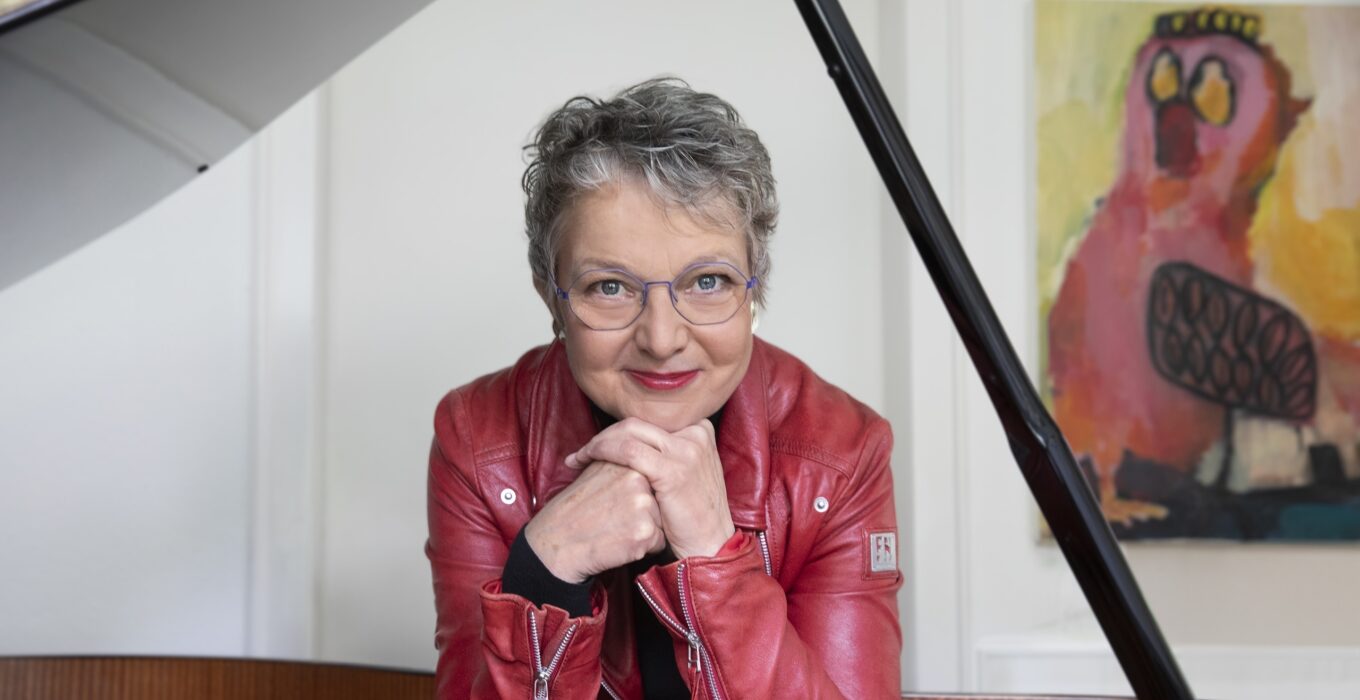
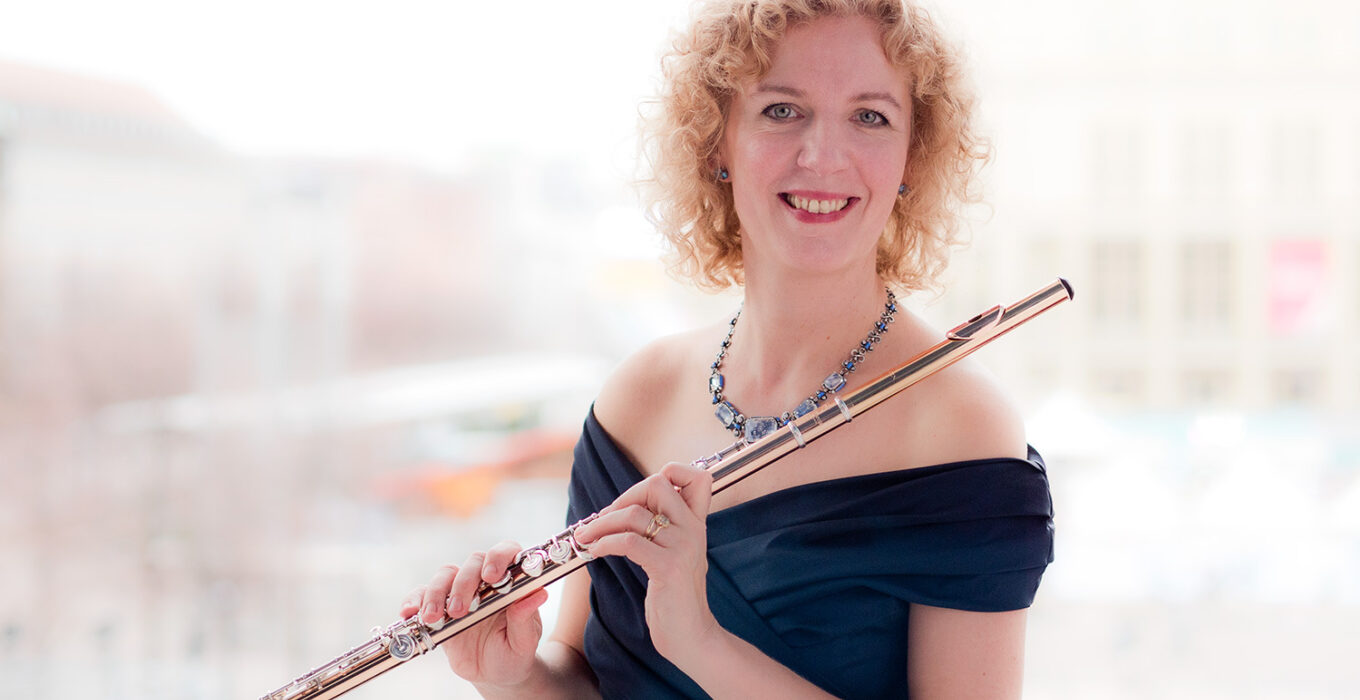
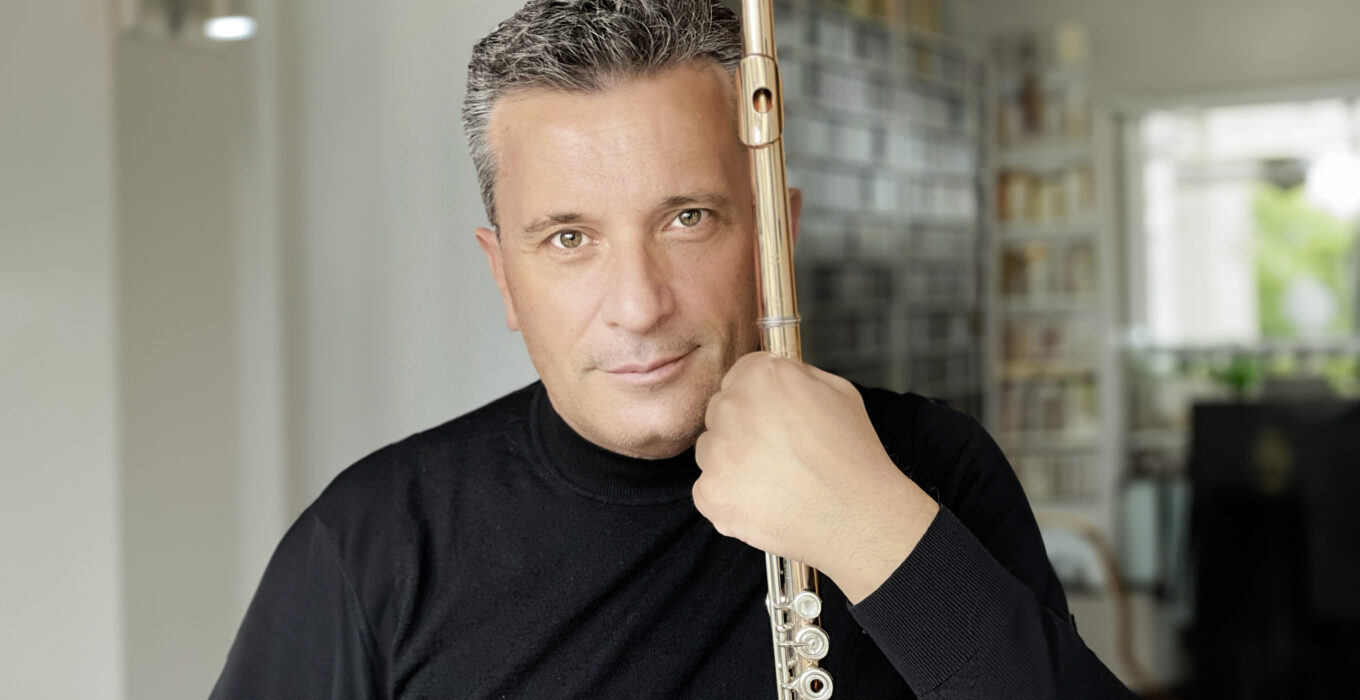
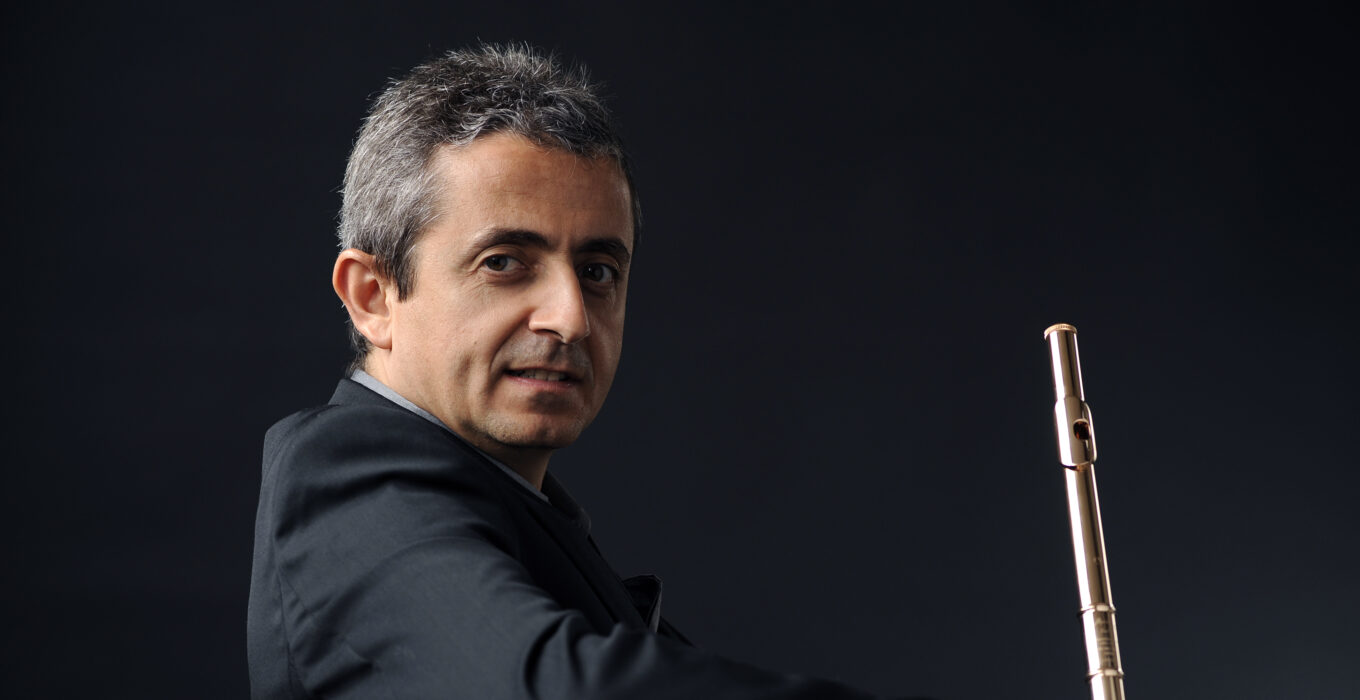
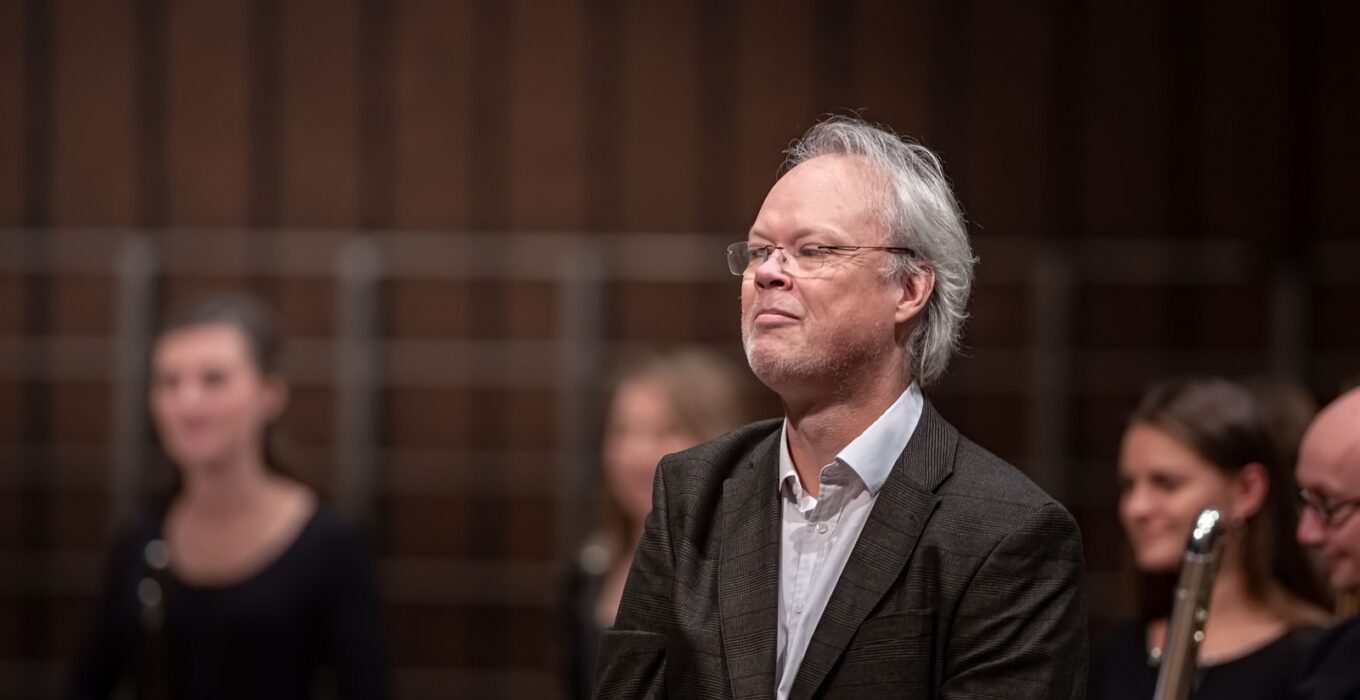
- 1 / 5
The Competition’s Piano Partners

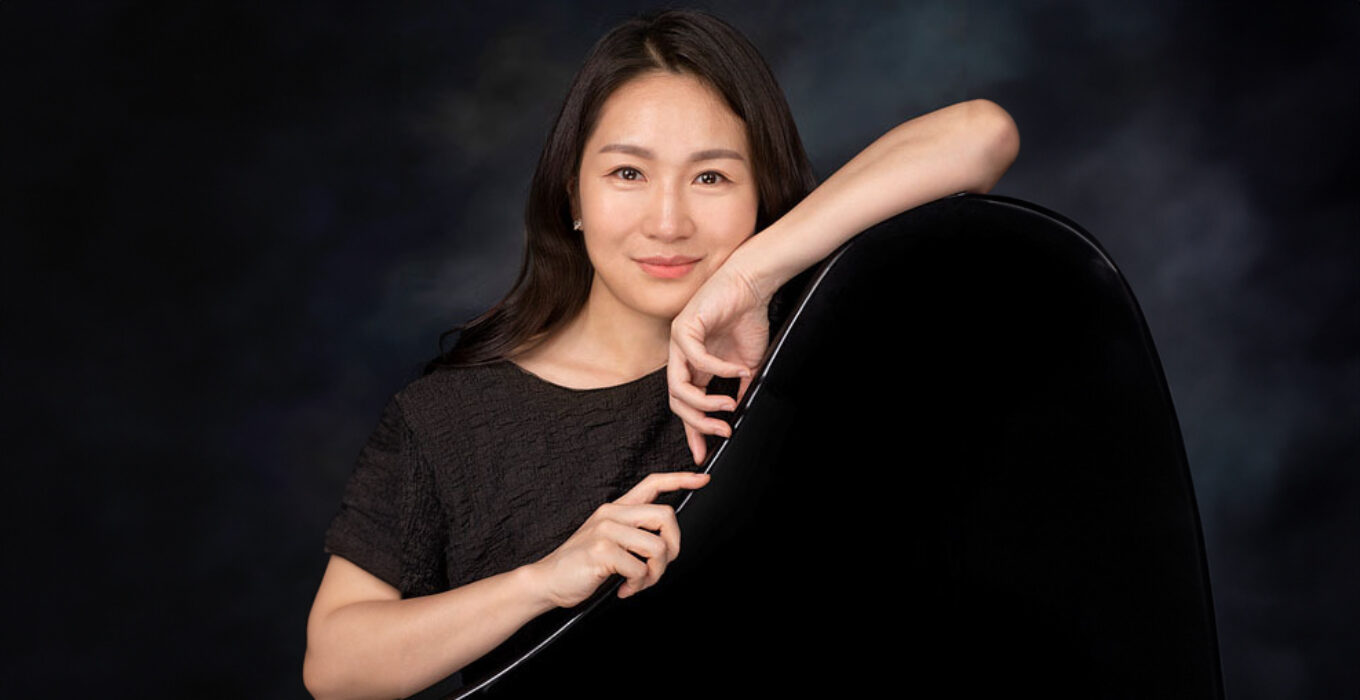
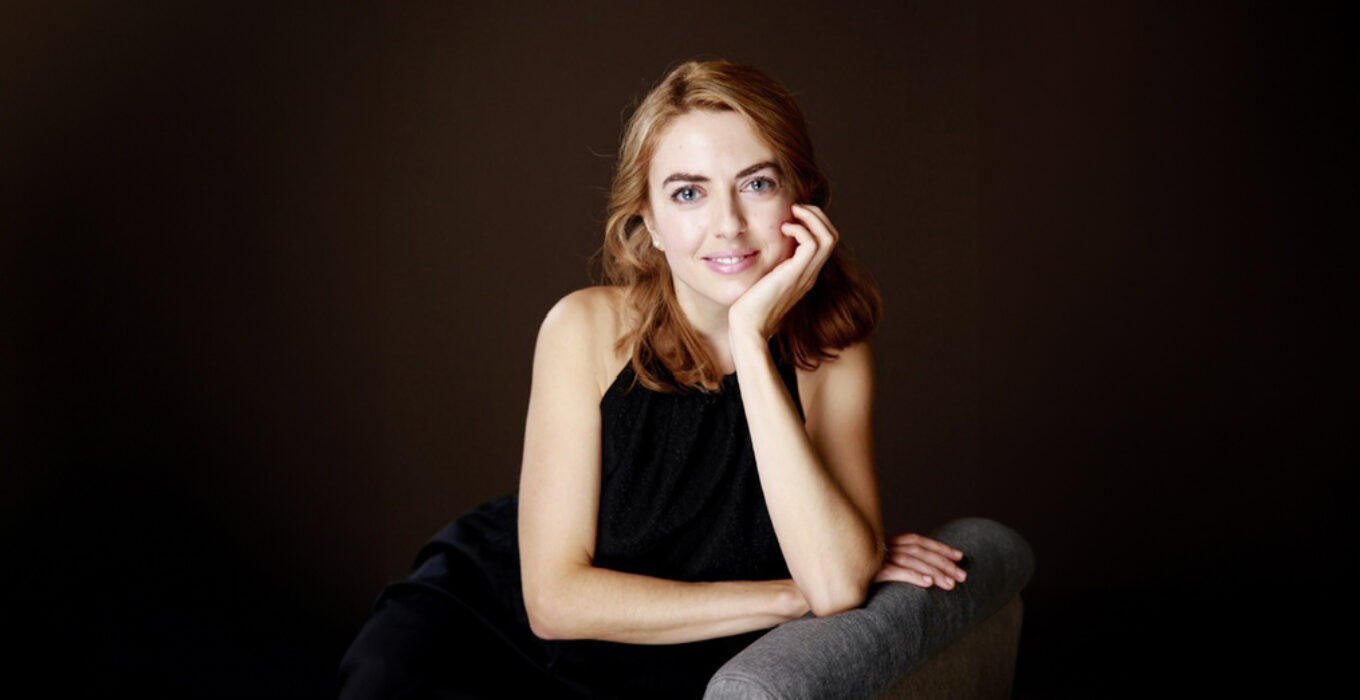
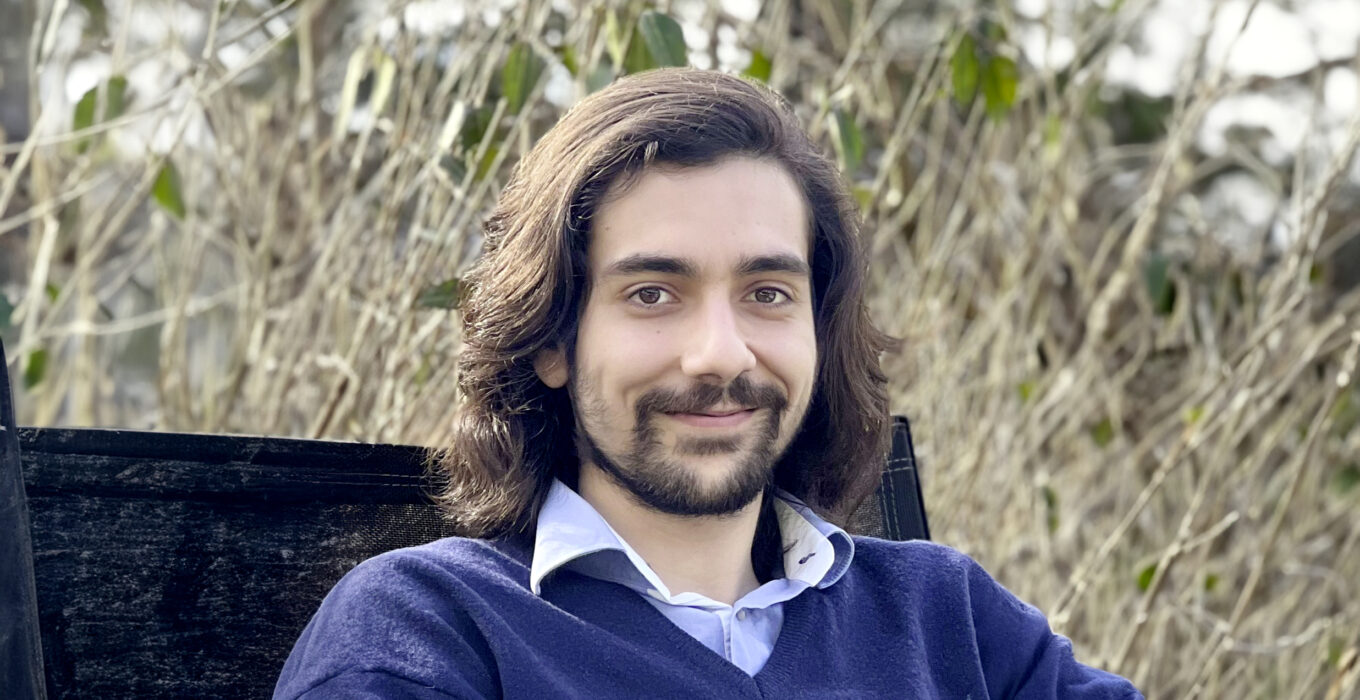
- 1 / 4
Background
This competition is brought forth posthumously at the request and on behalf of the prominent art collector, patron and flutist Ferdinand W. Neess, who passed away in January 2020. In Ferdinand W. Neess’ life, two areas played essential roles: his Art Nouveau collection and his flute playing.
Art Nouveau was a revolutionary art movement. Using the means of art it gave answers for a utopian, aesthetically determined form of society. In the arts around 1900 it also embodied the darker side of existence in the form of symbolism with a dark aesthetic of decay, the mythical and the mysterious. The aim was to create a “total work of art” (Gesamtkunstwerk) that would remove the boundaries between life and art.
In this sense, the competition also wants to build a bridge between the visual arts of Art Nouveau and the music of this era, which was particularly important to Ferdinand W. Neess. Thus, the music and the collection should complement and inspire each other, opening up entirely new worlds of Art Nouveau to the public.
The Museum Wiesbaden is showing Ferdinand W. Neess’ collection as a permanent exhibition in its south wing since June 29, 2019. More than 800 objects form a cross-section of all genres of Art Nouveau and exemplify the quality and style of the art of the late 19th century. Since its first presentation the Museum Wiesbaden has been exhibiting this outstanding collection as a whole to a broad public, placing Wiesbaden at the very top of European Art Nouveau cities.
In the spirit of Ferdinand W. Neess, it is important to us that there is no age limit in the competition. Soloists of any nationality can take part (as long as they are 18 years or more).
We thank the Museum Wiesbaden and all sponsors for their great support.


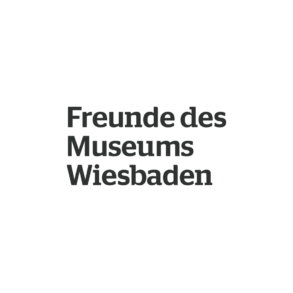



Follow us on Instagram
Instagram